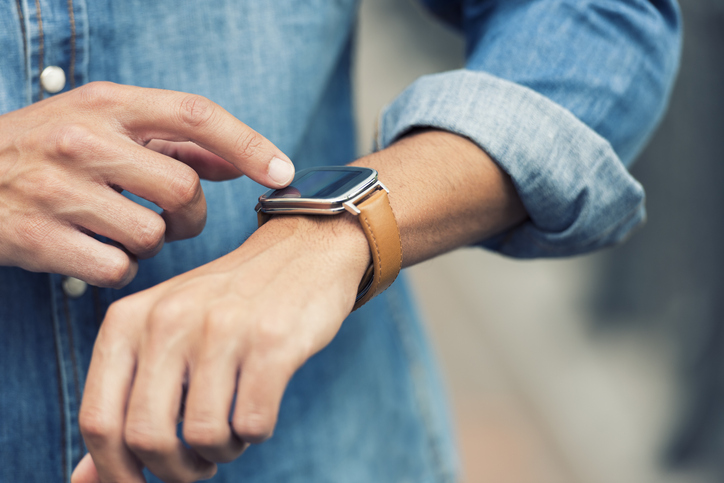
People who were infected with Covid-19 experienced lingering effects for months, according to a study recently published in JAMA Network Open.
Researchers at the Scripps Research Translational Institute followed people’s Covid-19 test results, symptoms and Fitbit data over the course of several months. Of 234 people who tested positive for the virus, many experienced lingering effects, including elevated heart rate, step count and sleep differences after their initial illness.
On average, it took people 79 days for their resting heart rate to return to baseline levels, according to the study. It took less time for people’s step count and sleep quality to return to normal levels — roughly a month.
“We found a prolonged physiological impact of COVID-19 infection, lasting approximately 2 to 3 months, on average, but with substantial intraindividual variability, which may reflect various levels of autonomic nervous system dysfunction or potentially ongoing inflammation,” the study’s authors wrote.
While it’s normal for people to experience an elevated heart rate during the course of a viral infection, the study results hint at some of the long-term effects experienced by people who have been infected with Covid-19. The National Institutes of Health has launched an effort to study “Long Covid,” the term used to describe a host of lingering symptoms experienced by some people who were sick with Covid-19, ranging from fatigue to gastrointestinal symptoms to “brain fog.”
A small group of study participants, 32 people who tested positive for Covid-19, experienced an elevated resting heart rate for more than 133 days. They also experienced more coughing, body ache and shortness of breath during their initial illness than others who tested positive.

The Power of One: Redefining Healthcare with an AI-Driven Unified Platform
In a landscape where complexity has long been the norm, the power of one lies not just in unification, but in intelligence and automation.
A total of 37,146 people opted to enroll in the study between March 25, 2020, and January 24, 2021. They shared their wearable device data, symptoms, and test results, if they got a Covid-19 test. It’s part of a longer-term effort to see if wearable data could be used to detect infection early and prevent the spread of viral illness.
Photo credit: LDProd, Getty Images








